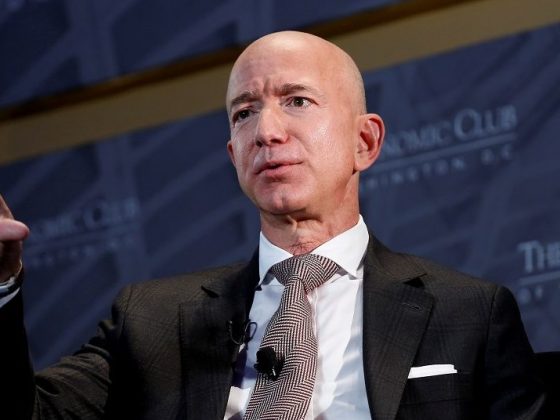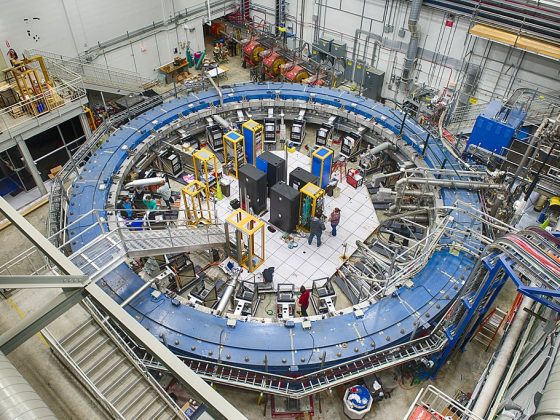The demand for equality only increases from generation to generation. Solving this social discomfort seems to be the recipe for preventing discrimination and injustices so recurrent in our times. So what needs to happen in order to live with each other in peace?
Equality is a deceptive term because by nature we are all different. Everyone has his or her own needs and own characteristics, so the expectation of being treated the same way as someone else is quite problematic. After all, we usually do not know the other person’s needs and even if we have the intention of getting into someone else’s shoes, we will have a hard time achieving it since our own needs are always the priority for us.
In such a reality where everyone is different and also self-centered, there can be no equality. This is what happens to us at every level, from the distribution of the government budget to the distribution of bonuses within a work team. No matter what area of our lives, we are in a constant battle because everyone thinks he or she deserves more than what is given to them now. Therefore, there is always a feeling of deprivation, and the feeling of inequality follows closely behind.
“If we want to avoid a general collapse, we will have to rise to a level where human connection will have a higher value than any private property or desire. Because this lofty goal is contrary to human nature, only a broad, long term social educational process can help us. A real cultural-perceptual revolution. The goal should be to upgrade the perception of reality of every individual in society. That means to change our self-centered perception, as if the world belongs only to us, and realize that in nature we are connected to others and dependent on them. When this change of perception happens, we will feel committed to care for others as we care for ourselves.”
And in spite of everything, within us lies the desire for equality. Why? Because we can really enter such a state. But achieving equality requires ascending to another level of life in general. That is, through new relationships inverted from what we know now, by switching our narrow egotistical calculation of self-benefit to open relationships of consideration, connection, and reciprocity, to the level of love between people. Only in relationships based on love and collaboration can there be equality, because I love the other and the other will love me, and in that we will feel equal.
It is clear that at first glance this scenario seems like a fairytale that will never come true, but the problems and struggles humanity is facing cannot be solved in any other way. We live in a reality that is becoming more and more connected, at the same time the global, limited resources are becoming depleted. We try our best to get everything for ourselves, and sooner or later we will reckon that we have no other alternative but agreeing to give up a little.
In the meantime we feel unsatisfied, unsettled, deprived, and are just waiting for the first opportunity to free ourselves from the grip of those who oppress us and consider that we have taken what we deserve. So we move from struggle to struggle, from war to war. Each time it gets worse, because the ego increasingly gets stronger, so we are destroying each other in the name of discrimination and the demand for justice and equality.
If we want to avoid a general collapse, we will have to rise to a level where human connection will have a higher value than any private property or desire. Because this lofty goal is contrary to human nature, only a broad, long term social educational process can help us. A real cultural-perceptual revolution. The goal should be to upgrade the perception of reality of every individual in society. That means to change our self-centered perception, as if the world belongs only to us, and realize that in nature we are connected to others and dependent on them. When this change of perception happens, we will feel committed to care for others as we care for ourselves.
To achieve this goal requires an immense undertaking of advocacy, a great deal of work, both in scope and duration, to penetrate all levels of society around the world, so an agreement in the general public can be reached that fosters ideas like connection and reciprocity as a priority. This agreement will lead to changes in society, government and leadership, and also will gradually create a new attitude within society regarding equality.
As we strive to treat one another with love, we will begin to feel that we are all one soul, like organs in a single body. And just as in my body I sense the different organs, so will I feel each and every person around me. Such a state will give us the real perception of equality, one that can only be achieved through connection, through the commitment of being one for all and all for one.











